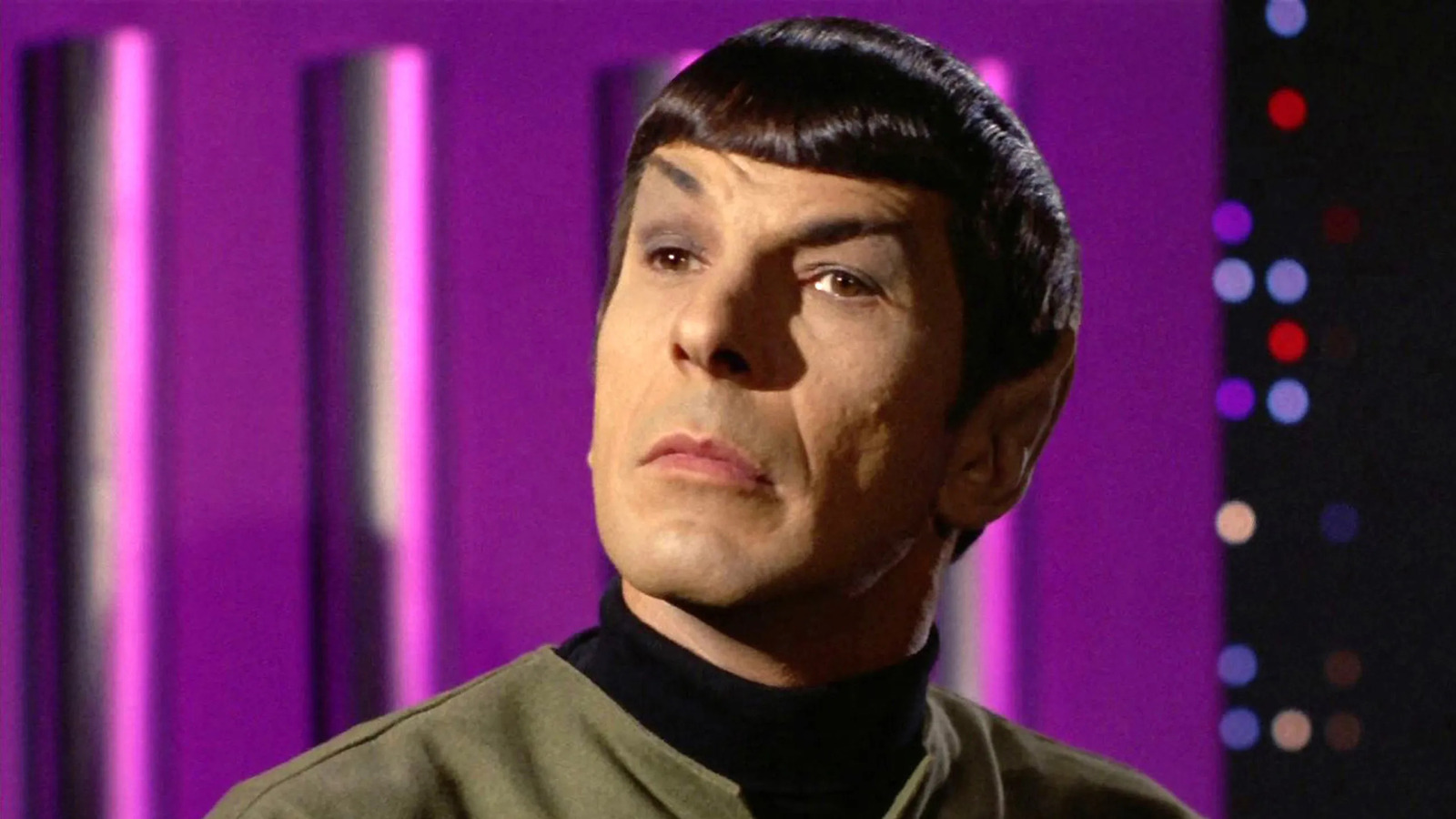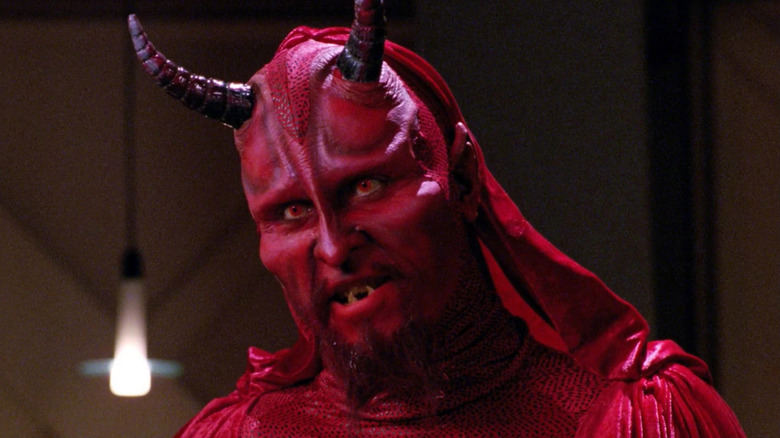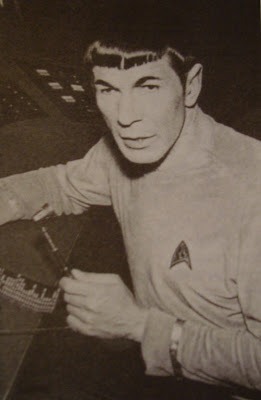Can you imagine “Star Trek” without Leonard Nimoy as Spock? Well, that’s almost exactly what happened.
The 2016 documentary “For The Love of Spock” (directed by Nimoy’s son Adam) explores both Nimoy’s life story and how Spock became a cultural icon. One takeaway from the doc is that those two stories were inseparable, yet it doesn’t elide some of Nimoy’s early struggles with the character.
Nimoy had appeared on “Star Trek” creator Gene Roddenberry’s previous series “The Lieutenant.” This meant Nimoy’s “Star Trek” was easy since Roddenberry specifically wanted him on the show. Specifically (as heard in an interview clip included in “For The Love of Spock”), Roddenberry thought Nimoy’s long, sharp cheekbones would be a good fit for an alien character. Spock’s pointed ears, the greatest signifier of his Vulcan (originally Martian) heritage, were designed to specifically complement Nimoy’s looks (and they did).
In another interview included in the documentary, Nimoy remarks on his initial difficulty wearing the ears. So, he and Roddenberry cut a deal: they’d try 13 episodes with Spock’s pointed ears. If Nimoy still didn’t like them after that, “I’ll write a script where Spock gets an ear-job” Nimoy recalled Roddenberry telling him. Of course, it didn’t come to that.
Spock, ears and all, almost got pushed out of “Star Trek” for a much different reason, though. NBC was concerned with Spock’s appearance, calling his pointed ears and eyebrows Satanic and saying viewers would reject him. “We are very dependent on the numbers in the Bible Belt, and they will not accept in their homes a character who looks Devilish with these pointed ears,” Nimoy said, recalling the essence of NBC’s complaint.
Despite the ears, Star Trek’s Spock is no Devil
The first sign of NBC’s hesitation with Spock came, as Nimoy recalled, in an early black-and-white “Star Trek” promo. The picture straightened Spock’s ears and eyebrows, removing any “Devilish” visage from Spock.
As he fought to keep Nimoy/Spock on “Star Trek” after the original pilot “The Cage” failed, Roddenberry fought to keep Spock’s ears and won. Roddenberry was famously an atheist, whose negative view on religion was echoed in the future he dreamed up, so I imagine this whole kerfuffle could’ve been very amusing or very frustrating for him (if not both).
Obviously, Spock looking like the Devil didn’t impede the character’s popularity. “For The Love of Spock” documents how Spock’s “otherness” made him an icon, and his unique, not-quite-human appearance absolutely helped contribute to that. Indeed, according to Nimoy, it wasn’t long before NBC completely changed their tune, and gave Roddenberry the exact opposite complaint about Spock: “Why aren’t you doing more with that Martian on the show?”
Still, this might well have inspired a joke in the “Star Trek” episode “The Apple.” After Captain Kirk (William Shatner) frees a primitive civilization from their deity “Vaal,” Spock quotes the Book of Genesis and ponders if they deprived the aliens of their blissful ignorance. Kirk turns it back on Spock, asking if there’s “anyone on this ship who remotely looks like Satan?”
Nowadays, with Spock being as famous as he is, we don’t think of him (or other Vulcan characters) as looking like the Devil, but simply looking like Spock.





